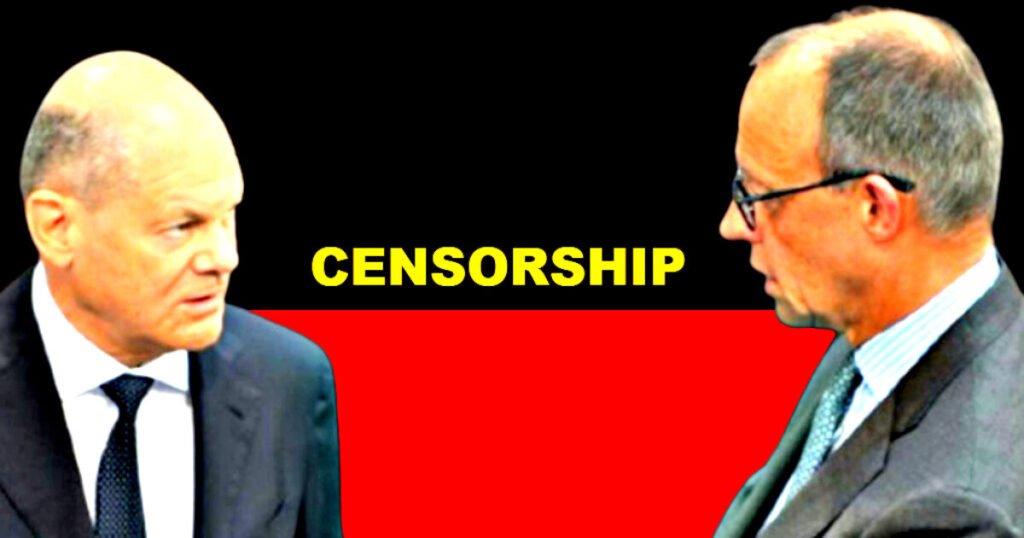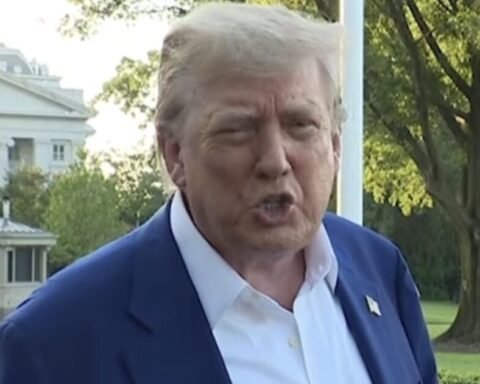
Democrats and liberals are outraged over the recent deportations of academics and individuals tied to universities, claiming these actions target those who disagree with President Trump. In reality, however, these deportations stem from violations of residency terms, such as participating in or encouraging violent protests.
Critics also decry the use of plainclothes officers for arrests and the lack of jury trials in these cases. Yet, it’s entirely legal for plainclothes officers to make arrests, and in the United States, visa or residency revocation doesn’t always require a trial. The process hinges on the violation’s nature, the individual’s immigration status, and the applicable legal framework.
Several high-profile cases in early 2025 illustrate how academics and university-affiliated individuals violated their residency terms, leading to deportations under the Trump administration. These incidents, often linked to protest activities, highlight the administration’s strict enforcement of immigration rules. Below are key examples and the specific ways these individuals breached their visa or residency conditions:
Mahmoud Khalil, a Palestinian green card holder and recent Columbia University graduate, was a prominent organizer of pro-Palestinian protests in 2024. Arrested by ICE on March 8, 2025, he faced deportation after the Department of Homeland Security (DHS) accused him of “leading activities aligned to Hamas,” a designated terrorist organization. The administration argued that his protest involvement, including negotiations with university officials, veered into encouraging illegal or violent actions—grounds for revoking his permanent residency.
Badar Khan Suri, an Indian postdoctoral fellow at Georgetown University researching peacebuilding, was detained by DHS in March 2025. The administration charged him with “actively spreading Hamas propaganda and promoting antisemitism on social media,” violating his visa terms under a federal statute that permits deportation if a non-citizen’s presence risks “serious adverse foreign policy consequences.” DHS further alleged ties to a suspected terrorist. Despite a federal judge halting his deportation on March 27, 2025, the Trump administration continues to fight for his deportation.
Rumeysa Ozturk, a Turkish Fulbright scholar at Tufts University, was arrested on March 26, 2025, near her Massachusetts apartment for her role in pro-Palestinian campus activism. ICE claimed she violated her student visa by participating in protests the administration labeled “illegal” and supportive of “hateful ideology,” citing Trump’s January 2025 executive orders targeting antisemitism and certain protest activities. Critics expressed dismay over Rumeysa Ozturk’s arrest during Ramadan, arguing it showed insensitivity, though no law mandates suspending enforcement actions during this Muslim fasting period. Notably, the arrest also coincided with Lent, yet Catholics have not voiced similar objections.
These cases reflect Trump’s January 2025 executive orders aimed at deporting non-citizens involved in protests deemed “pro-jihadist” or antisemitic. The administration asserts that these individuals violated their residency terms through participation in or encouragement of violent protests.
As noted earlier, it is legal for plainclothes officers to make arrests, and under U.S. law, individuals who violate residency terms can be deported without a jury trial. This applies to both visa holders and permanent residents, including green card holders.
Media outlets often highlight how long some of these individuals have lived in the U.S. or their educational achievements as reasons they should not be deported. However, immigration laws apply uniformly to all non-citizens, regardless of their length of stay, education level, or occupation.
In the U.S., a visa—whether for tourism, study, or work—grants permission to stay under strict conditions, like not working on a tourist visa or maintaining student status. Violating these, as outlined in the Immigration and Nationality Act (INA), can lead to deportation without a trial.
The government, through agencies like the Department of State or ICE, can revoke visas administratively for overstays or unauthorized work, no court required. Deportation, or “removal,” is typically an administrative process—expedited removal near borders skips judges entirely, while other cases may involve an immigration judge, not a jury. Even green card holders face this for residency breaches, though with more appeal rights.
Criminal trials only occur if violations involve crimes like fraud, not basic overstays. In 2023, ICE deported over 235,000 people, mostly without court involvement, showing trials aren’t standard for visa violations.
The post Under U.S. Law, No Trial Required: Violate Your Visa, Face Deportation appeared first on The Gateway Pundit.
Source: The Gateway Pundit
TruthPuke LLC hereby clarifies that the editors, in numerous instances, are not accountable for the origination of news posts. Furthermore, the expression of opinions within exclusives authored by TruthPuke Editors does not automatically reflect the viewpoints or convictions held by TruthPuke Management.







